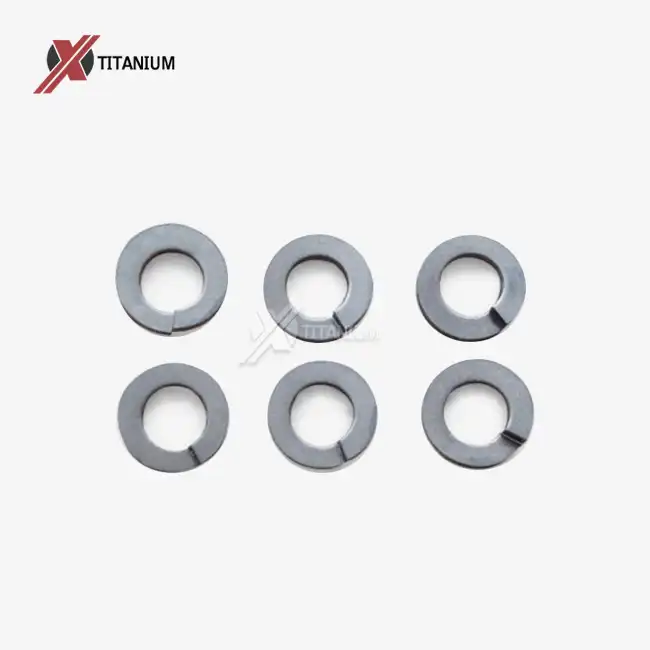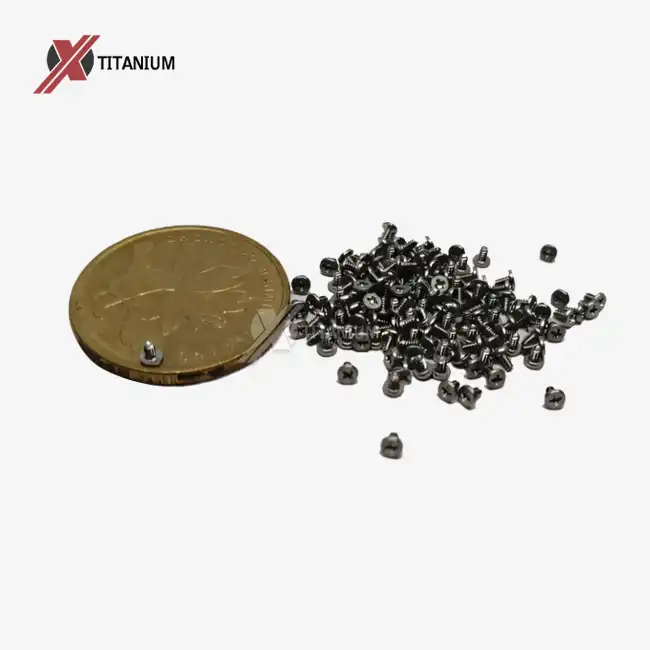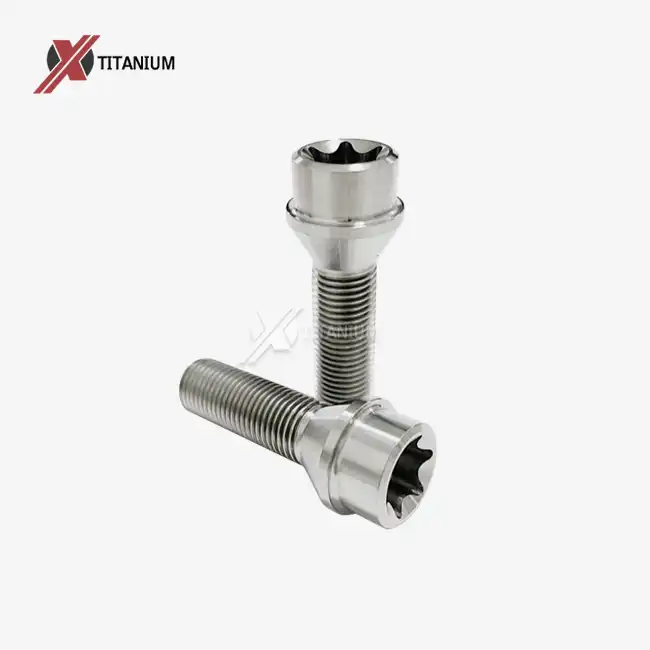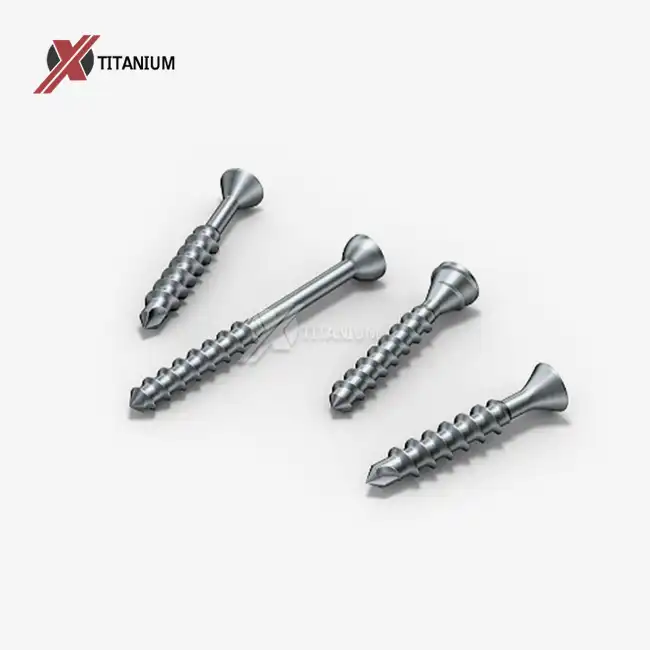- English
- French
- German
- Portuguese
- Spanish
- Russian
- Japanese
- Korean
- Arabic
- Greek
- German
- Turkish
- Italian
- Danish
- Romanian
- Indonesian
- Czech
- Afrikaans
- Swedish
- Polish
- Basque
- Catalan
- Esperanto
- Hindi
- Lao
- Albanian
- Amharic
- Armenian
- Azerbaijani
- Belarusian
- Bengali
- Bosnian
- Bulgarian
- Cebuano
- Chichewa
- Corsican
- Croatian
- Dutch
- Estonian
- Filipino
- Finnish
- Frisian
- Galician
- Georgian
- Gujarati
- Haitian
- Hausa
- Hawaiian
- Hebrew
- Hmong
- Hungarian
- Icelandic
- Igbo
- Javanese
- Kannada
- Kazakh
- Khmer
- Kurdish
- Kyrgyz
- Latin
- Latvian
- Lithuanian
- Luxembou..
- Macedonian
- Malagasy
- Malay
- Malayalam
- Maltese
- Maori
- Marathi
- Mongolian
- Burmese
- Nepali
- Norwegian
- Pashto
- Persian
- Punjabi
- Serbian
- Sesotho
- Sinhala
- Slovak
- Slovenian
- Somali
- Samoan
- Scots Gaelic
- Shona
- Sindhi
- Sundanese
- Swahili
- Tajik
- Tamil
- Telugu
- Thai
- Ukrainian
- Urdu
- Uzbek
- Vietnamese
- Welsh
- Xhosa
- Yiddish
- Yoruba
- Zulu
Titanium Fasteners in the Aerospace Industry
Introduction
Titanium fasteners play a critical role in the aerospace industry due to their unique combination of lightweight properties, high strength, and exceptional corrosion resistance. The aerospace sector demands materials that can withstand extreme environmental conditions while contributing to fuel efficiency and structural integrity. Titanium fasteners have become a preferred choice for aircraft, spacecraft, and defense applications, where performance and reliability are paramount. This article explores the advantages, applications, manufacturing processes, and future developments of titanium fasteners in the aerospace industry.
Advantages of Titanium Fasteners in Aerospace
1. High Strength-to-Weight Ratio
Titanium is known for its outstanding strength-to-weight ratio, making it significantly lighter than steel while maintaining comparable strength. This characteristic is crucial in aerospace applications, where reducing weight directly impacts fuel efficiency and overall performance.
2. Corrosion Resistance
Aircraft and spacecraft are exposed to extreme environmental conditions, including moisture, salt, and high-altitude radiation. Titanium fasteners exhibit excellent corrosion resistance, particularly against oxidation, chloride-induced corrosion, and chemical exposure, ensuring the longevity of aerospace structures.
3. Heat and Temperature Resistance
Titanium fasteners can withstand high temperatures without losing their mechanical properties. This makes them ideal for critical applications in jet engines, exhaust systems, and spacecraft components that experience extreme heat.
4. Fatigue and Creep Resistance
Aerospace components must endure repetitive stress and temperature fluctuations. Titanium fasteners offer superior fatigue and creep resistance, making them suitable for high-stress areas such as airframes and landing gear assemblies.
5. Compatibility with Composite Materials
Modern aircraft increasingly incorporate composite materials to improve performance. Titanium fasteners are highly compatible with composites, preventing galvanic corrosion, which can occur when metals with different electrochemical properties come into contact.
Applications of Titanium Fasteners in Aerospace
Titanium fasteners are widely used in both commercial and military aircraft, as well as space exploration vehicles. Some key applications include:
1. Airframes and Fuselages
The structural integrity of an aircraft depends on its airframe and fuselage. Titanium fasteners are used to secure aluminum and composite panels, ensuring durability and weight savings without compromising strength.
2. Jet Engines and Turbines
The high-temperature stability of titanium fasteners makes them essential in jet engines and turbines. They help secure engine components that operate under extreme heat and pressure, improving overall performance and safety.
3. Landing Gear Assemblies
Landing gear systems experience immense stress during takeoff and landing. Titanium fasteners provide the necessary strength and fatigue resistance to maintain structural integrity under these demanding conditions.
4. Spacecraft and Satellites
In space applications, weight reduction is critical to mission success. Titanium fasteners contribute to the lightweight construction of spacecraft, satellites, and space probes while offering excellent resistance to radiation and temperature fluctuations.
5. Military Aircraft and Defense Systems
Military aircraft and defense equipment require high-performance materials that can withstand combat conditions. Titanium fasteners are used in stealth aircraft, missile systems, and other defense applications due to their durability and lightweight advantages.
Manufacturing and Quality Standards
The production of titanium fasteners for aerospace applications involves stringent quality control measures to meet industry standards. The following aspects are critical in the manufacturing process:
1. Titanium Grades for Aerospace Fasteners
Several titanium alloys are used in aerospace fasteners, including:
Grade 5 (Ti-6Al-4V): The most commonly used aerospace titanium alloy, offering excellent strength, corrosion resistance, and heat resistance.
Grade 7: Enhanced corrosion resistance due to the addition of palladium.
Beta Titanium Alloys: Used for applications requiring higher strength and flexibility.
2. Precision Manufacturing Processes
Aerospace titanium fasteners are produced using advanced manufacturing techniques, including:
Cold Heading and Hot Forging: Enhances mechanical properties and strength.
Precision Machining: Ensures tight tolerances and dimensional accuracy.
Heat Treatment: Optimizes material properties for aerospace applications.
3. Aerospace Industry Standards
Titanium fasteners must comply with strict industry standards, including:
AS9100: Aerospace quality management system.
NAS (National Aerospace Standards): Specifies requirements for aerospace fasteners.
AMS (Aerospace Material Specifications): Defines material properties and processing methods.
MIL-SPEC (Military Standards): Ensures fasteners meet defense industry requirements.
Challenges and Considerations
While titanium fasteners offer numerous benefits, they also present some challenges in aerospace applications:
1. Cost
Titanium is more expensive than traditional materials such as steel and aluminum due to its complex extraction and processing methods. However, the long-term benefits, including weight savings and corrosion resistance, often justify the higher initial cost.
2. Machining Difficulties
Titanium’s high strength and low thermal conductivity make it challenging to machine. Specialized cutting tools and techniques are required to achieve precision while minimizing tool wear.
3. Galling and Seizing
Titanium fasteners are prone to galling (friction-induced adhesion) when tightened. Proper lubrication and surface treatments, such as coating with molybdenum disulfide or using anti-seize compounds, help mitigate this issue.
Future Trends and Innovations
As aerospace technology continues to evolve, advancements in titanium fastener manufacturing and application are expected to drive further innovation:
1. Additive Manufacturing (3D Printing)
3D printing of titanium components, including fasteners, is gaining traction in aerospace. This technology allows for complex designs, reduced material waste, and enhanced customization.
2. Improved Surface Treatments and Coatings
Research is ongoing to develop advanced coatings that reduce galling and improve wear resistance, enhancing the performance of titanium fasteners.
3. New Titanium Alloys
The development of next-generation titanium alloys with improved strength, corrosion resistance, and machinability will further expand the use of titanium fasteners in aerospace applications.
4. Increased Adoption in Commercial Aviation
With the growing emphasis on fuel efficiency and sustainability, commercial aircraft manufacturers are expected to increase the use of titanium fasteners to optimize aircraft performance.
Conclusion
Titanium fasteners have revolutionized the aerospace industry by providing lightweight, durable, and corrosion-resistant solutions for critical applications. Their use in airframes, engines, landing gear, and spacecraft underscores their importance in modern aviation and space exploration. Despite challenges such as cost and machining difficulties, ongoing advancements in manufacturing and material science will continue to enhance the role of titanium fasteners in aerospace engineering. As the industry moves towards greater efficiency and sustainability, titanium fasteners will remain a cornerstone of aerospace innovation.
Learn about our latest products and discounts through SMS or email



